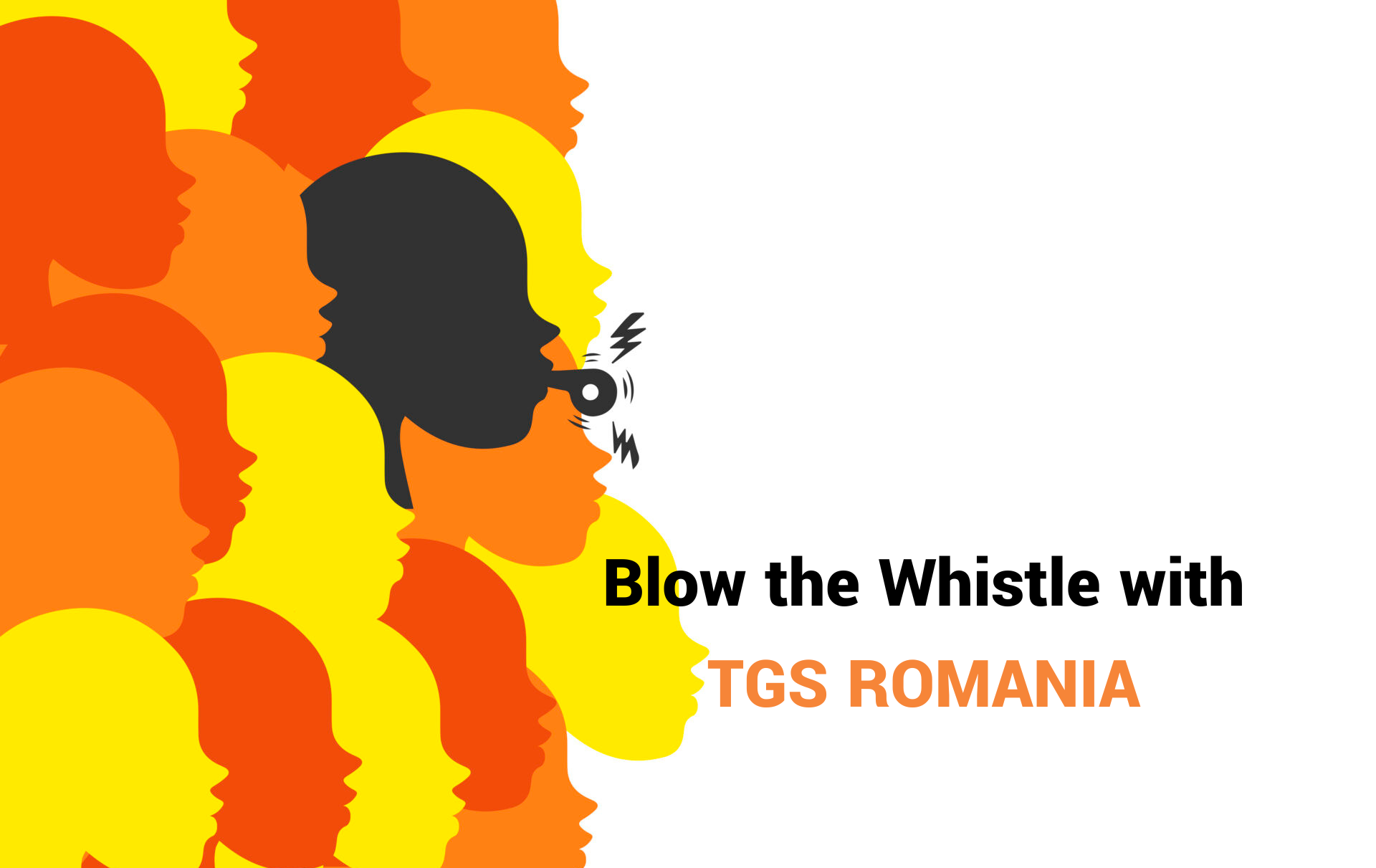
July 14, 2023
Sustainability Drive: Accountants Helping SMEs Go Green
Embracing Sustainability: The Role of Accountants in Driving Change for SMEs. Discover the Impact of ISSB’s Standards and TGS Bulgaria’s Approach.

Freelancing and gig work have surged in popularity in Bulgaria, offering individuals flexibility and autonomy in their careers. However, navigating the tax landscape as a freelancer can be daunting. Understanding tax rules and implementing effective strategies is crucial for maximising earnings. In this article, we’ll explore practical tax-saving tips tailored specifically to freelancers.
Bulgarian freelancers have to pay a fixed income tax of 10%. They must also allocate at least 27.8% (or 31.3% if opting for the health and maternity fund) of their taxable income for social security contributions. These contributions support important social insurance programs. When working with foreign clients, freelancers need to be aware of potential tax implications, navigate different tax laws, and manage currency exchange rates. Clear communication and an understanding of international payment methods are essential for smooth operations and success.
Understanding deductible expenses is vital for Bulgarian freelancers, as it directly impacts their tax liability and financial bottom line. By meticulously tracking business expenditures, freelancers can identify eligible deductions, thereby reducing their taxable income and ultimately lowering their tax burden. To enhance this strategy, freelancers can employ various tactics aimed at maximising deductions and minimising taxable income.
Strategies for Maximising Deductions and Reducing Taxable Income:
Quarterly estimated tax payments are not obligatory for all taxpayers, but self-employed individuals with substantial income in Bulgaria are strongly recommended to make them. This practice facilitates efficient management of tax responsibilities, prevents potential penalties for underpayment, and aids in better financial planning while ensuring compliance with tax regulations. Here’s how quarterly taxes are calculated:
Following the regulations of the Personal Income Tax Law. The tax rate on the total annual taxable income is 10%, calculated after deducting standard recognized expenses for the activity and the social security contributions paid during the quarter. Standard recognized expenses are 25%, but for journalists, artists, educators, or lawyers, they’re 40%.
Example: If you’re a freelance journalist earning 1500 BGN monthly, your quarterly income is 4500 BGN. You contribute to social security based on 1000 BGN and pay contributions at a rate of 27.8%. Standard recognized expenses are 25%.
To determine your advance tax for the quarter, you should deduct from 4500 BGN the recognised expenses (1125 BGN) and the social security contributions paid for the three months (1251 BGN).
4500 -1125 – 1251 = 2124
The tax base is 2124 BGN. It is subject to an advance tax of 10%.
The advance tax payable is BGN 212.40 and is declared in an Article 55 declaration, par. 201, par. 1 of the Income Tax Act by the end of the month following the quarter of acquisition of the income.
In addition to deductions, freelancers should explore the available tax credits in Bulgaria. Tax credits directly reduce tax liability and can result in significant tax savings. Researching and understanding the eligibility criteria for various tax credits can help freelancers maximise tax savings. In Bulgaria, these tax credits may be available for activities such as investing in specific industries or regions, hiring employees, engaging in research and development, implementing environmentally friendly practices, or investing in education and training initiatives. These credits aim to stimulate economic growth, promote employment, encourage innovation, protect the environment, and support skills development.
Effective retirement planning is indispensable for freelancers to secure their financial future. Assessing current financial standing, setting clear retirement goals, and exploring retirement savings options are fundamental steps in this process. Contributing to retirement accounts such as Individual Retirement Accounts (IRAs) or Simplified Employee Pension (SEP) IRAs not only reduces taxable income but also fosters long-term wealth accumulation. Diversifying investments and regularly reassessing retirement plans are integral to ensuring financial viability post-career.
Regarding retirement obligations, freelancers must adhere to mandatory pension schemes upon retirement. The magnitude of their pension contributions correlates with their social security income, underscoring the importance of maximising earnings for optimal pension benefits. It’s imperative to note that pensionable income is contingent upon earnings in a given calendar year, with a legal minimum threshold established annually through the adoption of the budget. For instance, in 2024, the minimum pensionable income stands at BGN 933, delineating a baseline for pension contributions.
Summary
In conclusion, the strategies outlined empower freelancers to seize control of their finances and maximise their earnings potential. By implementing proactive approaches such as budgeting, automating savings, and negotiating expenses, freelancers can strengthen their financial footing and work towards achieving their long-term goals. Furthermore, embracing frugal living and exploring additional income opportunities offer avenues for bolstering financial resilience.
It’s imperative for freelancers to prioritise proactive tax planning and seek professional advice to optimise their tax strategy and ensure long-term financial success. As freelancers navigate the complexities of self-employment, they may encounter various questions and uncertainties. For expert assistance in navigating tax planning and financial complexities, contact TGS Bulgaria.

